Introduction
With a staff of about 30 fte faculty and over 180 fte scientific staff, the Department of Microelectronics combines the expertise of 7 research groups in Electrical Engineering. The complete field of electronics is covered, including signal processing, radar, and telecommunication.
Microelectronics is fundamentally a multi-disciplinary field of research, exploring the physics, materials and chemistry required to make devices work. It is also multidisciplinary with regard to its wide variety of applications, as it plays a crucial role in all fields of innovation, ranging from advanced health care to telecommunications and smart grids. The ever-increasing demand for processing power, sensing capabilities and miniaturisation makes microelectronics a highly innovative research field.
The Department is involved in several MSc tracks:
MSc Wireless Communication and Sensing, MSc Signals and Systems, MSc Microelectronics.
Research at the Department of Microelectronics
spans all major aspects of electronic
engineering including the design and development of
silicon-based devices, analogue and digital circuits for
smart sensors, biomedical implants and wireless
communication systems, signal-processing algorithms for
communication and biomedical signals, as well as microwave
and terahertz systems for remote sensing and radio
astronomy.
ME’s research
is a major contributor to a number of EEMCS themes:
The Department provides expertise for each of these
research areas, throughout the whole system chain, from the technology
layer to the sub -system and component layer and to the system layer,
with a direct link to the challenges facing today's society.
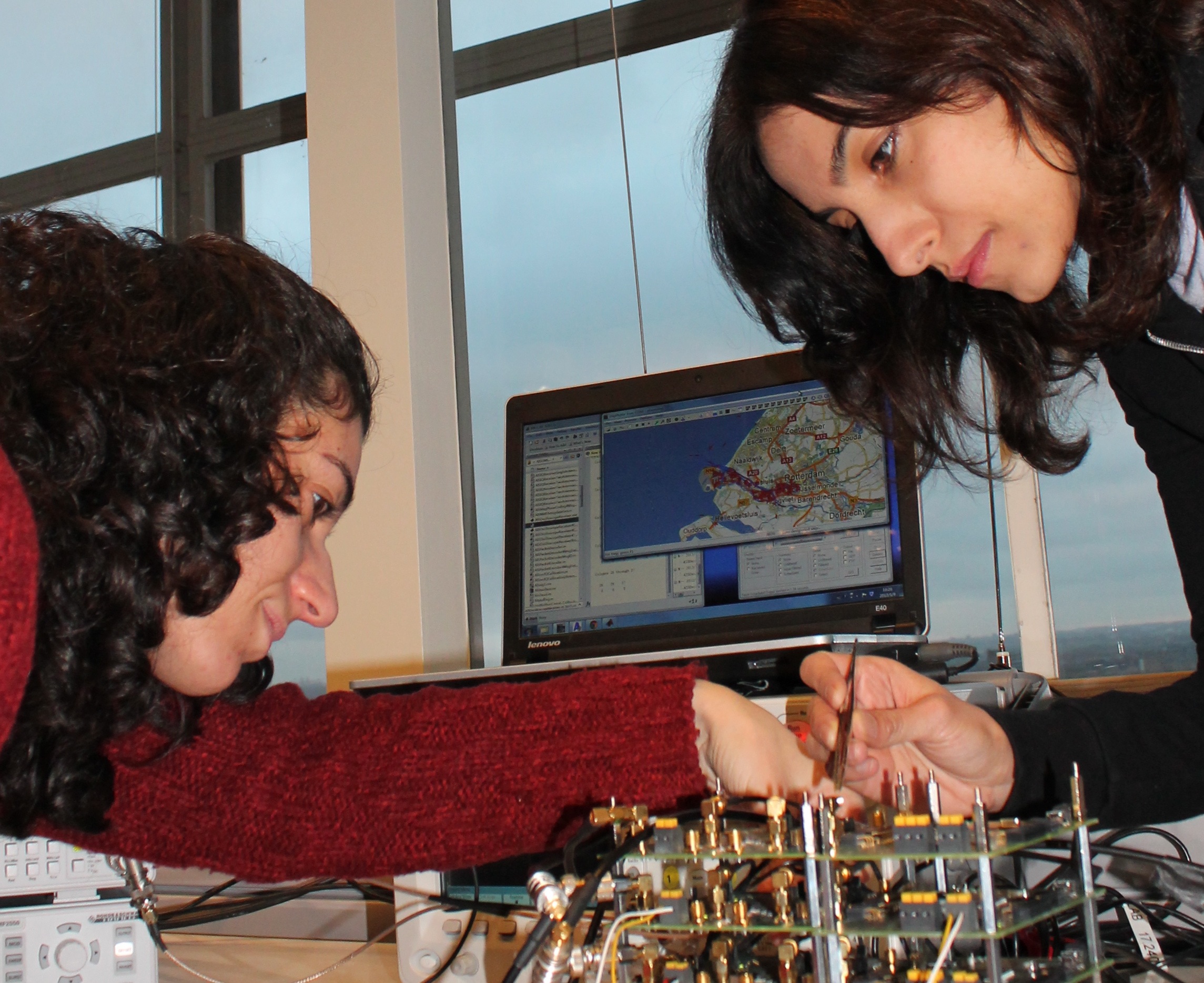
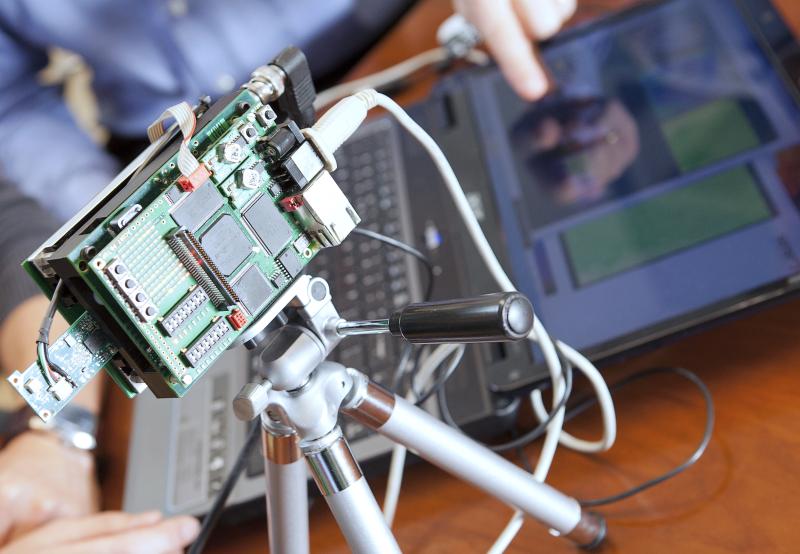
Episode 1 Up Close and Personal
Episode 2 New Frontiers
Episode 3 Connected Worlds
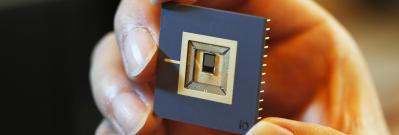
News
.jpg)
Microelectronics Research day 2026
On Tuesday, February 3nd, TU Delft’s Microelectronics department will run its 3rd Research Day.
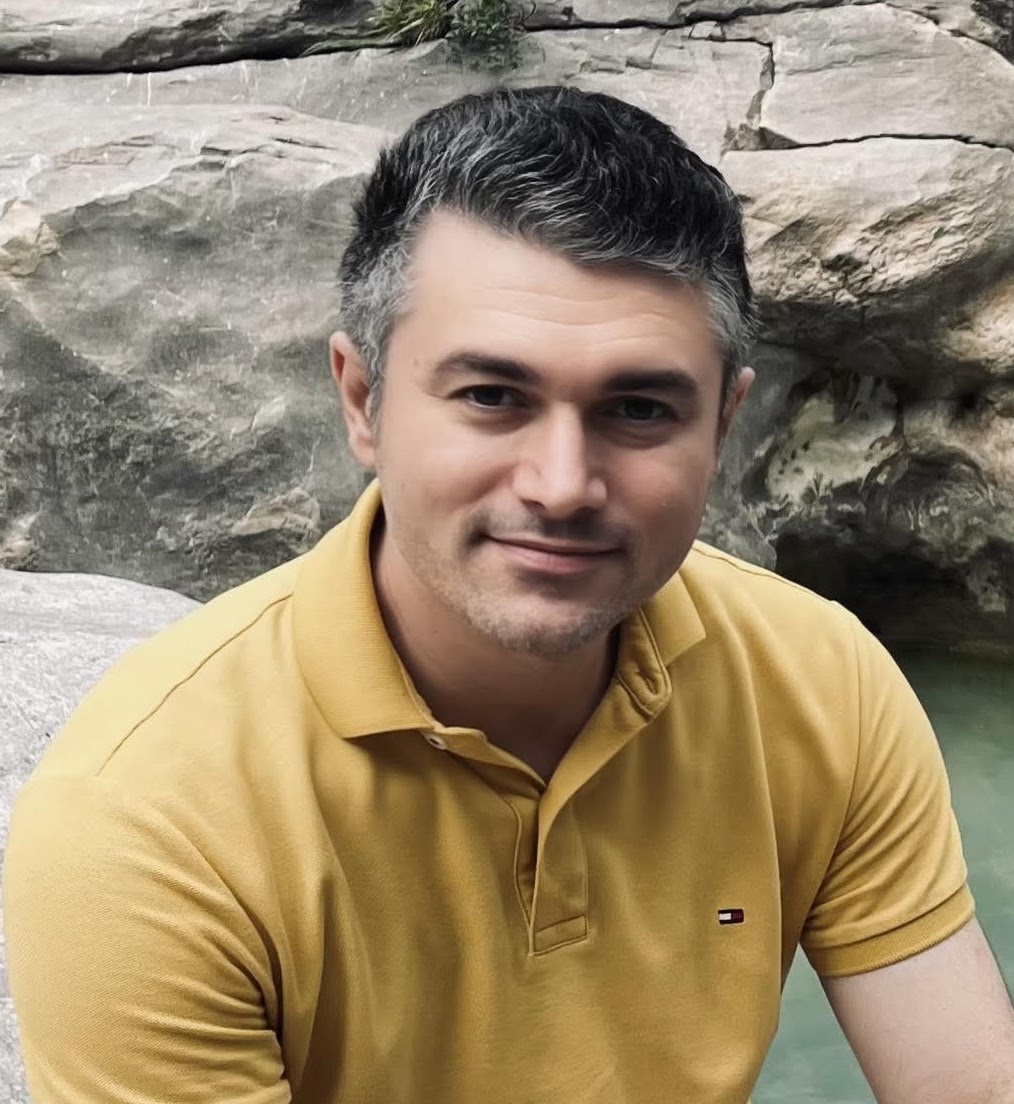
Hadi Jamali Rad: new part-time Assistant Professor at SPS
Expertise: Multi-modal Generative AI, deep learning, computer vision
Agenda
- Thu, 29 Jan 2026
- 16:00
- EEMCS, lecture hall Chip
Microelectronics colloquium
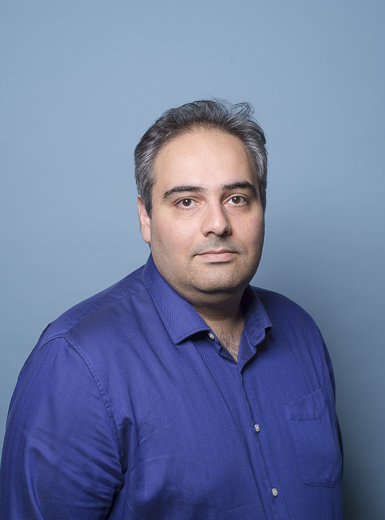
Masoud Babaie
From Opportunity to Identity: A Journey Across Quantum and Wireless Electronics
This presentation reflects on my ten-year journey at TU Delft, beginning with how I obtained my position and how a series of unexpected events shaped my research identity.
- Fri, 6 Feb 2026
- 10:00
- Aula Senaatszaal
PhD Thesis Defence
.jpg)
Cristian Meo
World Models: Foundations, Applications, and Limitations
- Thu, 30 Apr 2026
- 12:30
- Aula Senaatszaal
PhD Thesis Defence
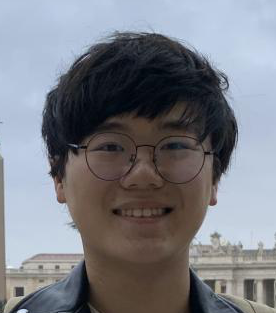
Yanbin He
Kronecker Compressed Sensing With Structured Sparsity
Algorithms, guarantees, and applications